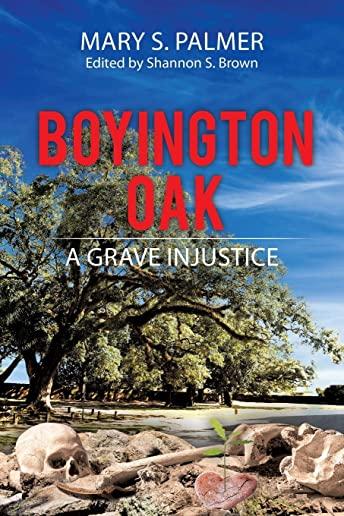
This story is based on events that have since become folklore in Mobile, Alabama. It is about a nineteen-year-old printer, Charles R.S. Boyington, who was unjustly convicted and hanged for killing his best friend in 1835. During this period, the overwhelming majority of the people of Mobile considered all individuals as either God-fearing or evil, without exception. After learning of Boyington's atheistic beliefs, the court of public opinion swung toward him as the guilty party. Exacerbated with knowledge of his checkered past and his inconsistent testimonies, the people gave more weight to the flimsy circumstantial evidence against him. All this coalesced in working up the citizenry into such a state of frenzy that it served to strangle any impartially that they otherwise might have had. The heightened public outrage frightened off any potential witnesses for the defense and biased the jurors and judges to a point that the legal process turned into a sham, with a guilty verdict a foregone conclusion. Boyington's articulation skills and obvious intelligence meant little in the abatement of these preformed prejudices. Convicted by an unqualified jury in 1834 using only circumstantial evidence, he was shackled in Mobile's first jail in 1834 where he wrote poetry to his fiancee to survive. As he predicted would happen to prove his innocence, a tree grew on his gravesite and still stands 175 years later in the Church St. Graveyard.







